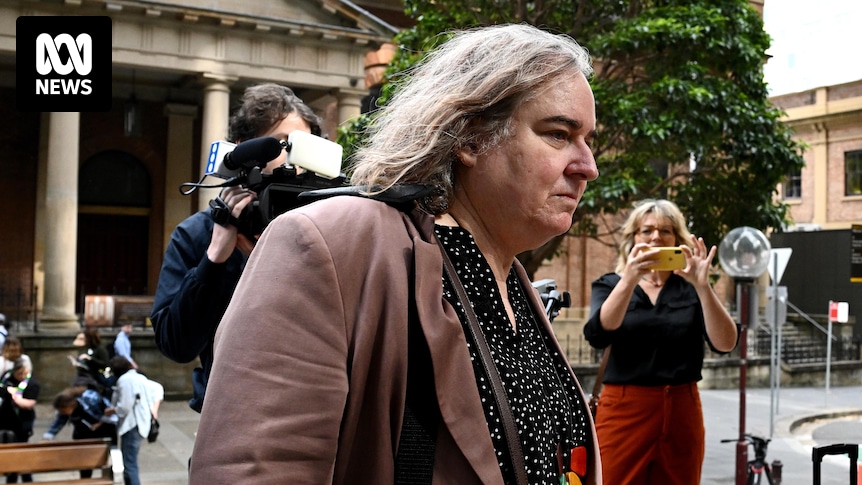- In short: Transgender woman Roxanne Tickle is suing social media platform Giggle for Girls after she was excluded from the women-only app.
- She is alleging unlawful discrimination on the basis of gender identity while the app’s founder has denied she is a woman.
- What’s next? The hearing is expected to run for four days.
A transgender woman who was excluded from a women-only social media app should be awarded damages because the app’s founder has persistently denied she is a woman, a Sydney court has heard.
In February 2021, Roxanne Tickle downloaded the Giggle for Girls social networking app, which was marketed as a platform exclusively for women to share experiences and speak freely.
Users needed to provide a selfie, which was assessed by artificial intelligence software to determine if they were a woman or man.
Ms Tickle’s photograph was determined to be a woman and she used the app’s full features until September that year, when the account became restricted because the AI decision was manually overridden.



Again, it depends on the purpose of the group you’re creating, does this person in question face discrimination for their perceived race? Then a support group for people who have faced discrimination for their race may be the right place for them, assuming the intersection of having “chosen” to present as a race they’re not doesn’t create an unsafe space for the other group participants.
However if your group is for people who have grown up POC or been raised in a non-dominant cultural group to discuss shared experiences, then obviously someone who identifies as POC later in life would not be served by that group, so would not be eligibile to join that group.
There are circumstances when even if you fit the criteria of the group, you may still be excluded due to the way various identities and experiences intersect, or because your personal actions are not serving the group.
It’s not discrimination to be told you can’t use a private service because the service can’t serve your specific needs, and your personal circumstances reduce the groups ability to serve its other members.